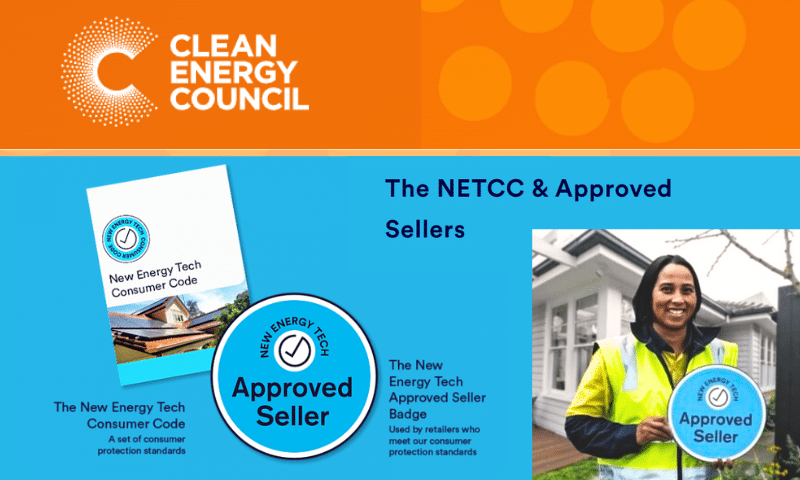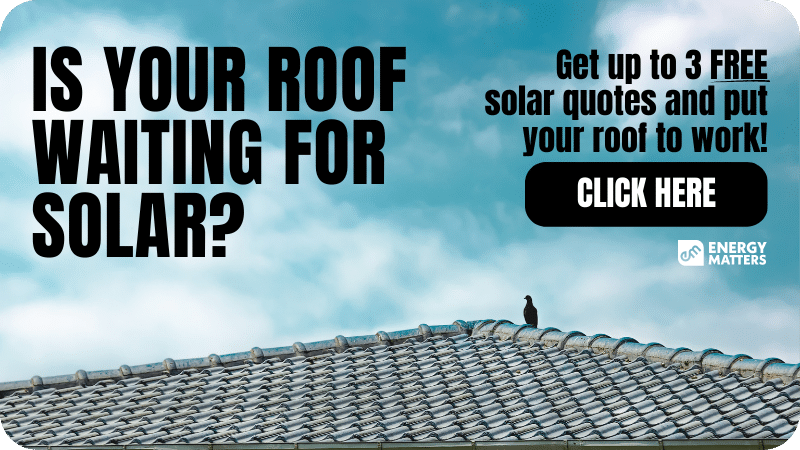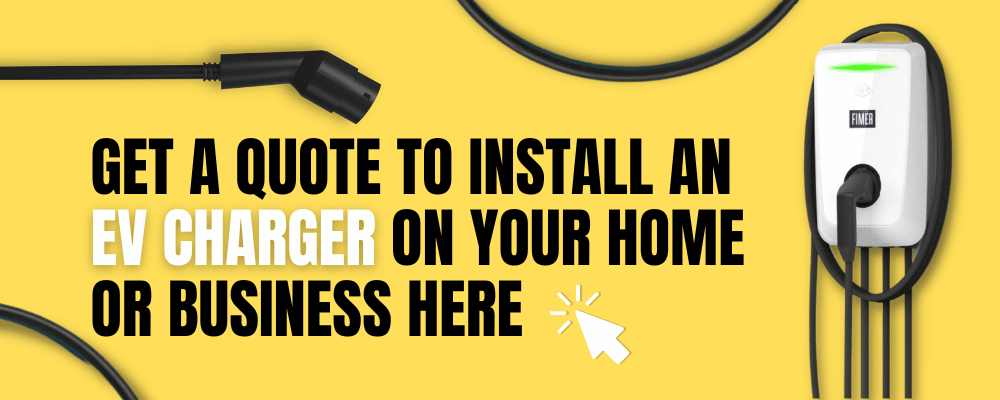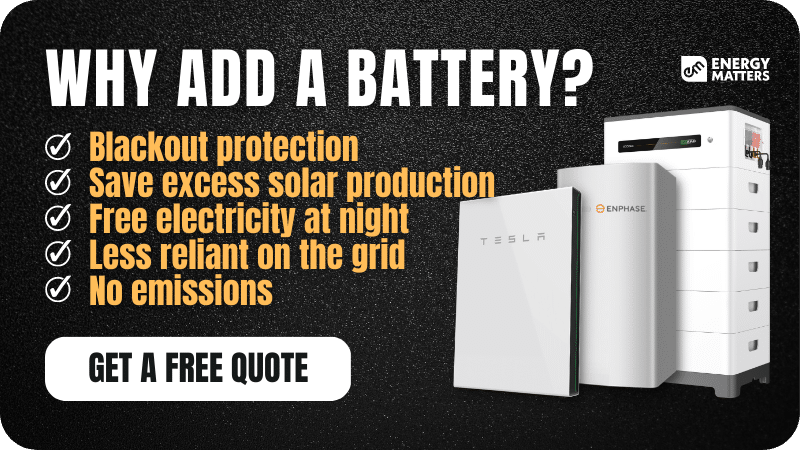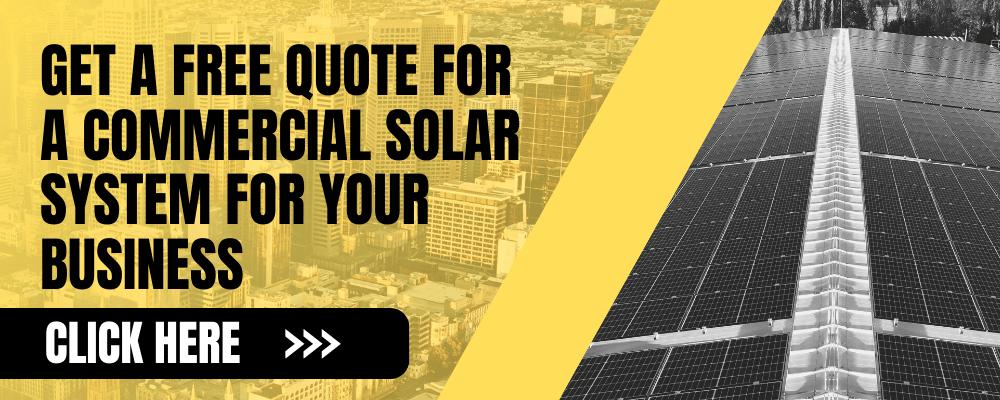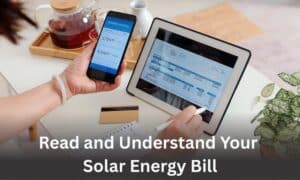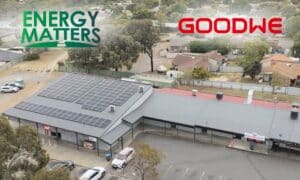Australia’s transition to clean energy is gaining momentum, with small-scale solar power playing a crucial role in driving this transformation. As the country looks to reduce its reliance on fossil fuels and meet its renewable energy targets, small-scale solar is emerging as a popular and accessible solution for households and businesses. In this article, we will explore the significance of small-scale solar in Australia’s clean energy landscape and details on CEC approval’s transitioning; drawing upon insights from a recent article by Kane Thornton, CEO of the Clean Energy Council, penned and published on EcoGeneration’s website.
Energy Matters has been a leader in the renewable energy industry since 2005 and has helped over 40,000 Australian households in their journey to energy independence.
Let us discuss and choose the best quote that suits your needs and budget, and we can connect you with our trusted local installers, who will provide up to 3 FREE quotes for your home and business solar energy system. Get your free quotes today!
CEC approval
The Clean Energy Council (CEC), in partnership with a number of leading business and consumer organisations, introduced the New Energy Tech Consumer Code (NETCC) on February 1st, 2023, to replace the Approved Solar Retailer program and broaden the scope of consumer safeguards beyond solar and storage.
Following the initial Approved Solar Retailer program’s long-standing success, the federal and state governments requested that NETCC be created.
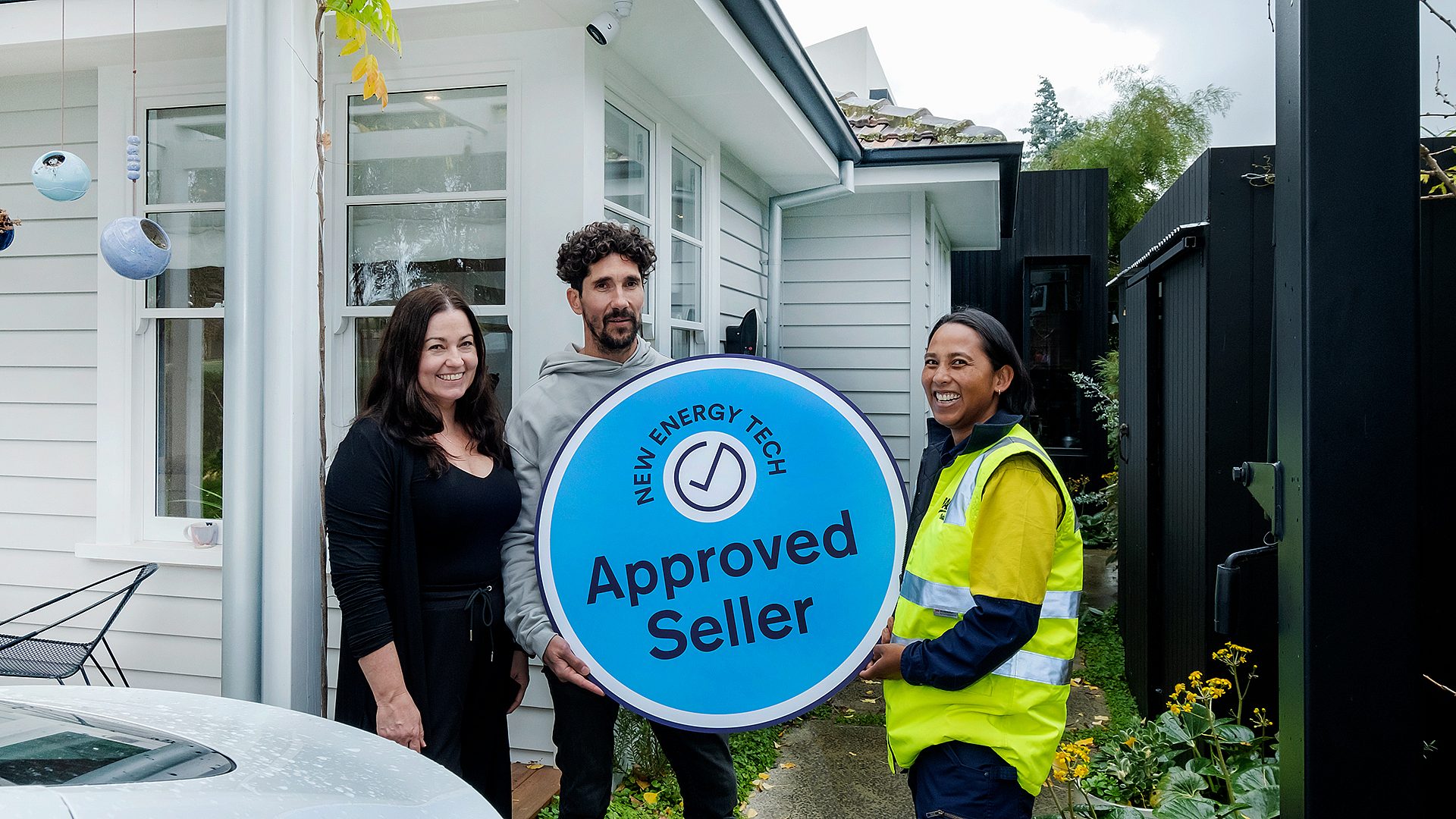
Thornton states, “It is a voluntary code of conduct governed by the NETCC Council, comprising several industry bodies, and administered by the Clean Energy Council. We take that responsibility seriously, and it’s an avenue for us to directly impact the small-scale solar industry, both from a consumer protection perspective and in helping small and medium size installers and retailers be the best they can be.”
“Our teams work with retailers daily to help them get their products and services up to standard. In most cases, companies and workers are eager to improve and meet industry standards. In the small number of cases where they aren’t, we are willing to suspend the approved status of those entities or even cancel their approved status altogether.”
The New Energy Tech Consumer Code (NETCC) program broadens the scope of new energy tech products and services covered by the Accredited Solar Retailer (ASR) program, including solar PV, solar battery energy storage, EV charging, VPPs, and more.
Visit our page to learn more about what the CEC does and how; also, the full details of the New Energy Tech Consumer Code (NETCC) program.
Avenue to the small-scale solar industry
What is small-scale solar or renewable energy?
Small-scale solar PV installations, defined as those with a capacity of less than 1 megawatt (MW), are typically situated near the location where the consumer consumes power.
Your system will be given a specific amount of Small-Scale Technology Certificates (STCs), whether a solar PV system, a wind turbine, or a hydro system. These STCs represent 1MWh (megawatt hour) of energy that has been consumed or produced by the renewable energy system. Your system will receive STCs based on the anticipated MWh of energy generated or displaced over the course of five years or a single maximum deeming period.
For example, if you were to buy a $10,000 solar PV system and had 100 STCs altogether assigned to it, you could anticipate paying $6,300 for your system in the end after deducting the value of the STCs.
Small-scale solar power has experienced rapid growth in Australia in recent years. The falling cost of solar panels and the availability of government incentives, such as the Small-scale Renewable Energy Scheme (SRES), have made solar power more affordable and attractive to homeowners and businesses.
Small-scale solar is wider than just rooftop installations. It can also include other forms of distributed generation, such as solar farms, community solar projects, and solar-powered batteries. These alternative forms of small-scale solar can provide additional benefits, such as creating local jobs, enhancing energy security, and supporting regional development.
CEC has been collaborating with electrical networks on disconnecting rooftop solar panels during system security events in South Australia and Queensland. Manufacturers and installers of inverter systems experience difficulties as a result of the inconsistent techniques used by each network.
CEC has been putting a lot of effort into raising the standard of installers’ vocational training in Australia’s rooftop solar business. The Clean Energy Council participated in creating the first thorough upgrade of training units in more than a decade in 2022.
The IREC visits Australia
Thornton declared that Adelaide, South Australia, will host the International Renewable Energy Conference (IREC) in 2024.
The conference will provide an opportunity to highlight Australia’s leadership position globally, which has been attained by people working at the forefront of the solar revolution, including installers, retailers, trade assistants, compliance managers, technology suppliers, managers, and leaders.
Small-scale solar will remain a key component of its clean energy landscape despite the challenges
Challenges and barriers exist to the widespread adoption of small-scale solar in Australia. These include regulatory complexities, lack of awareness and education, upfront costs, and grid connection issues in remote areas. Addressing these challenges will require continued policy support, investment in infrastructure, and public awareness campaigns to promote the benefits of small-scale solar.
Small-scale solar plays a crucial role in Australia’s clean energy transformation. Its rapid growth, affordability, and potential for income generation empowers households and businesses to generate their own clean electricity, reduce greenhouse gas emissions, and contribute to a more decentralised and resilient energy system. As Australia continues pursuing its renewable energy targets and transitioning towards a more sustainable future, small-scale solar will likely remain a key component of its clean energy landscape.
References: “Small-Scale Solar Crucial to Australia’s Clean Energy Transformation”-published on EcoGeneration, CEC websites
Is solar energy suitable for your business?
Solar energy has numerous advantages that are worth investigating. Investing in solar will minimise your operational costs, reduce your company’s carbon footprint, and prepare it for the future. A commercial property with a solar installation is excellent for business.
When installing commercial solar for a company, it is crucial to be informed of all types of federal government solar rebates, incentives and the many benefits these provide, as they may help Australian businesses become future-ready and sustainable for years to come.
Contact us today for up to 3 FREE quotations from commercial solar firms we’ve pre-qualified and vetted for their track record of delivering Australia’s best business solar systems. Get your free quotes and begin your solar journey today!
Energy Matters will feature stunning homes installed with the latest solar technology every Saturday at 4.30 pm on Open Homes Australia on the 9Life channel. Be sure to watch this show; you don’t want to miss it!











